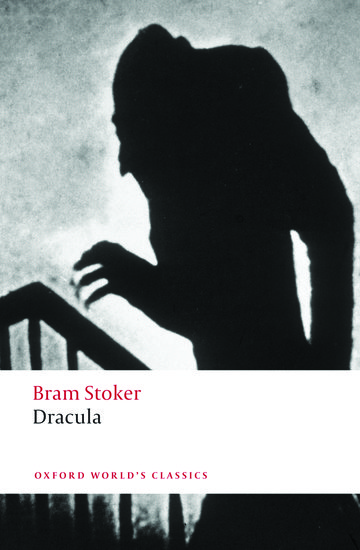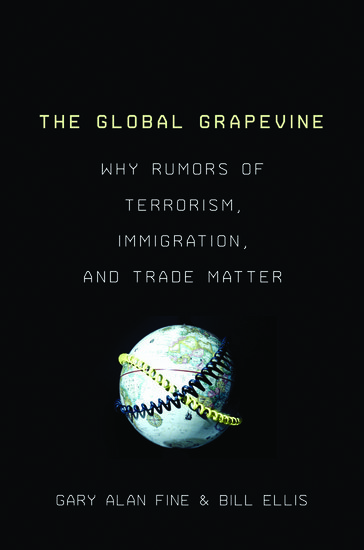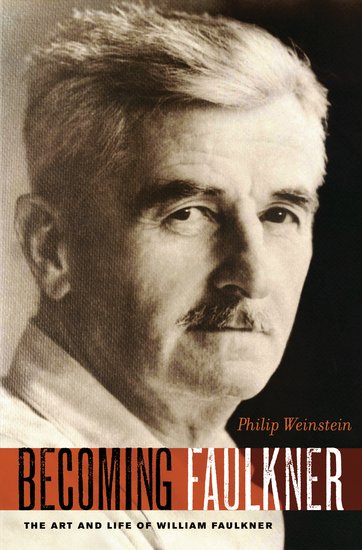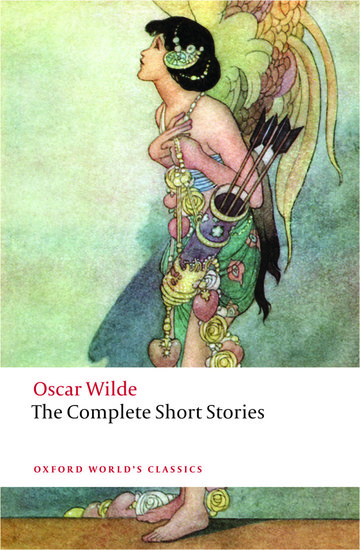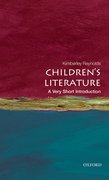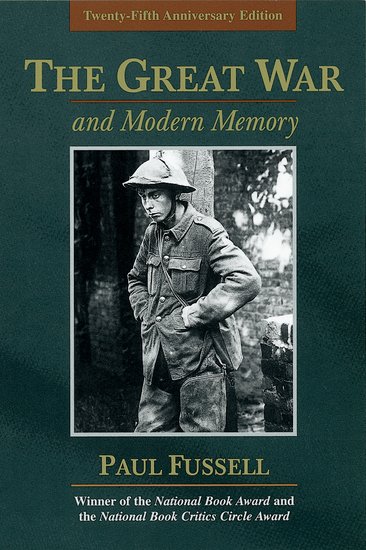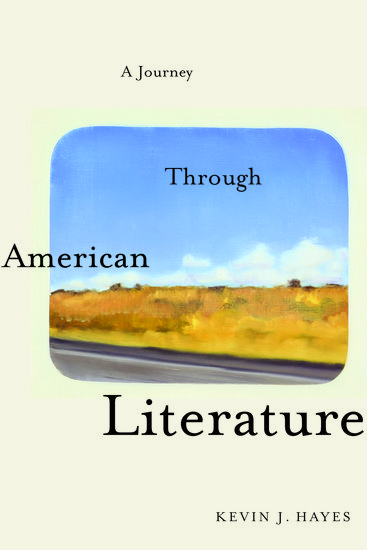How do humans, ants, and other animals form societies?
Forming groups is a basic human drive. Modern humans are all simultaneously members of many groups — there is the book club, your poker buddies, all those fellow sport team enthusiasts. Most basic of all these groups is the connection we form with our society. This is one group people have always been willing to die for. During most of human history, foreigners have been shunned or killed. Allowing an outsider to join a society is typically an arduous process, when it is permitted at all.










